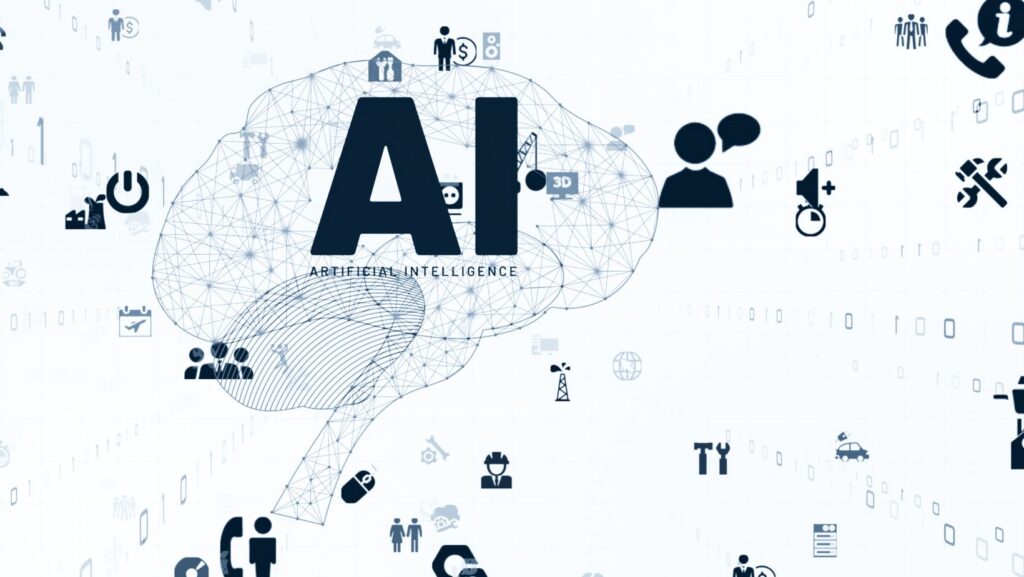Traditional search methods in modern business often fall short, leaving employees frustrated when trying to find relevant information quickly. However, advancements in artificial intelligence (AI) are revolutionizing enterprise search, making it more efficient, intuitive, and user-friendly.
Enhanced Relevance Through Natural Language Processing
One of the most significant ways AI improves enterprise search software is through Natural Language Processing (NLP). Unlike traditional search algorithms that rely heavily on keyword matching, NLP understands the context and intent behind a user’s query. For example, if an employee searches for “quarterly sales report,” an AI-powered search engine can interpret this as a request for the latest report on sales performance for the last quarter rather than just returning documents that contain those exact words.
By utilizing NLP, enterprises can provide more relevant search results, which saves time and increases productivity. Employees no longer need to sift through irrelevant documents; instead, they can access the information they need quickly and efficiently.
Intelligent Data Organization
AI also enhances how data is organized within an organization. Through machine learning algorithms, AI can analyze patterns in how data is used and accessed. This analysis allows organizations to categorize and tag data more effectively, improving the overall search experience.

For example, AI can automatically classify documents based on their content and context, creating a more structured database. This classification enables employees to find information through various channels, including categories, tags, and more intuitive filtering options. The result is a more streamlined search experience that reduces frustration and increases user satisfaction.
Personalized Search Experiences
Another notable benefit of AI in enterprise search is its ability to provide personalized search experiences. AI algorithms can learn from user behavior, preferences, and previous searches to tailor results to individual users. For instance, if a sales representative frequently searches for marketing collateral related to a specific product line, the AI can prioritize those documents in future search results.
This personalization not only enhances user experience but also fosters a more efficient workflow. Employees receive relevant information tailored to their roles and responsibilities, allowing them to focus on their tasks without unnecessary distractions.
Predictive Search Capabilities
AI can also implement predictive search capabilities, anticipating what users may be looking for based on their previous interactions. For example, as employees start typing a query, the AI can suggest relevant documents, files, or data sets in real time. This predictive feature reduces the time spent on searches and allows employees to access information before they even finish typing their queries.

Predictive search enhances the user experience by creating a more interactive and responsive search environment. It empowers employees to find what they need faster, allowing them to dedicate more time to their core responsibilities.
Conclusion
AI is transforming enterprise search from a basic tool into a robust, intelligent system that enhances productivity and efficiency. Through advancements in NLP, intelligent data organization, personalized search experiences, and predictive capabilities, AI ensures that employees can access the information they need quickly and accurately. As organizations continue to embrace these technologies, the impact of AI on enterprise search will only grow, creating a more connected and informed workforce. Investing in AI-powered search solutions is no longer just an option; it’s a necessity for businesses looking to thrive in the digital age.



